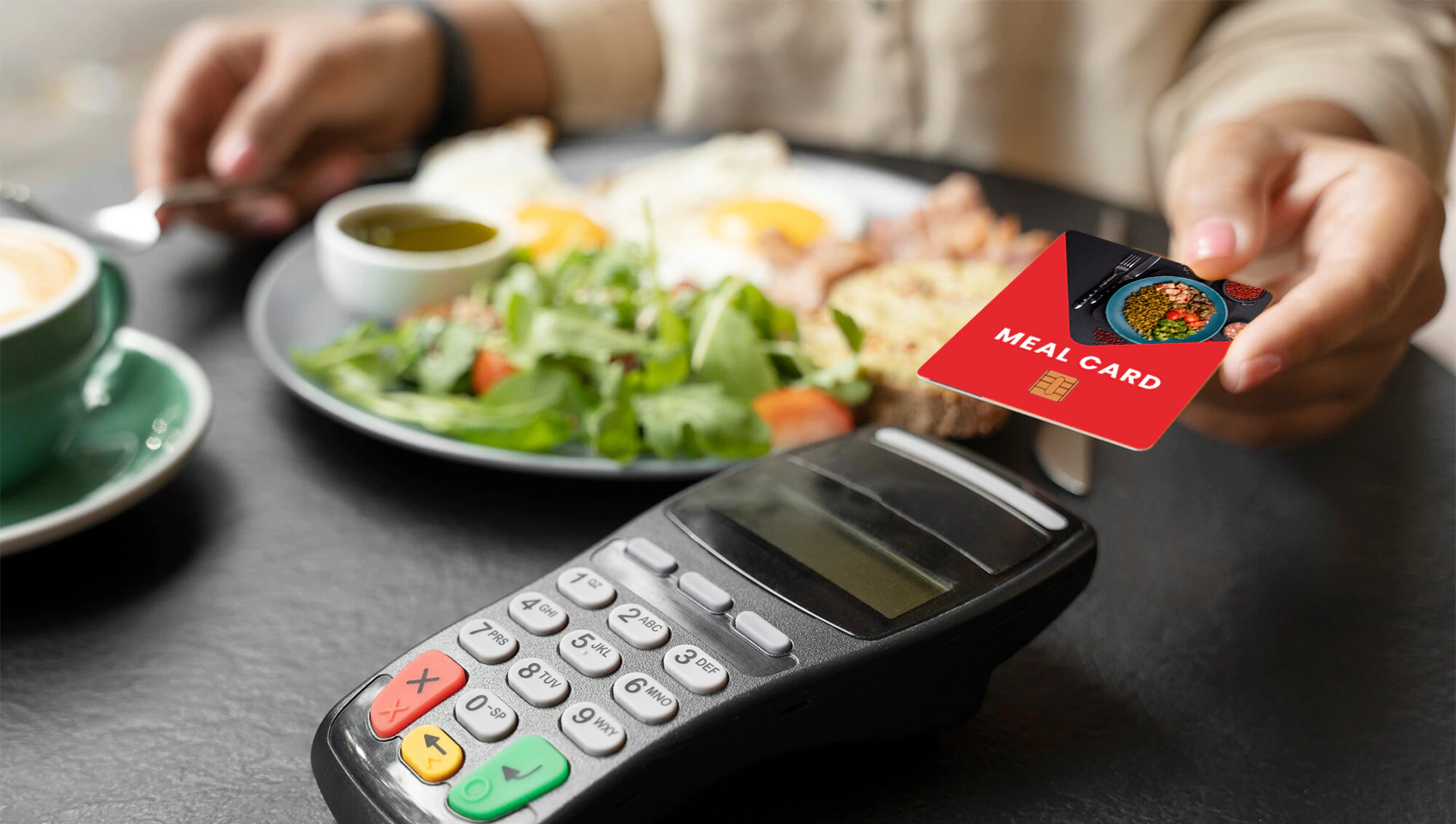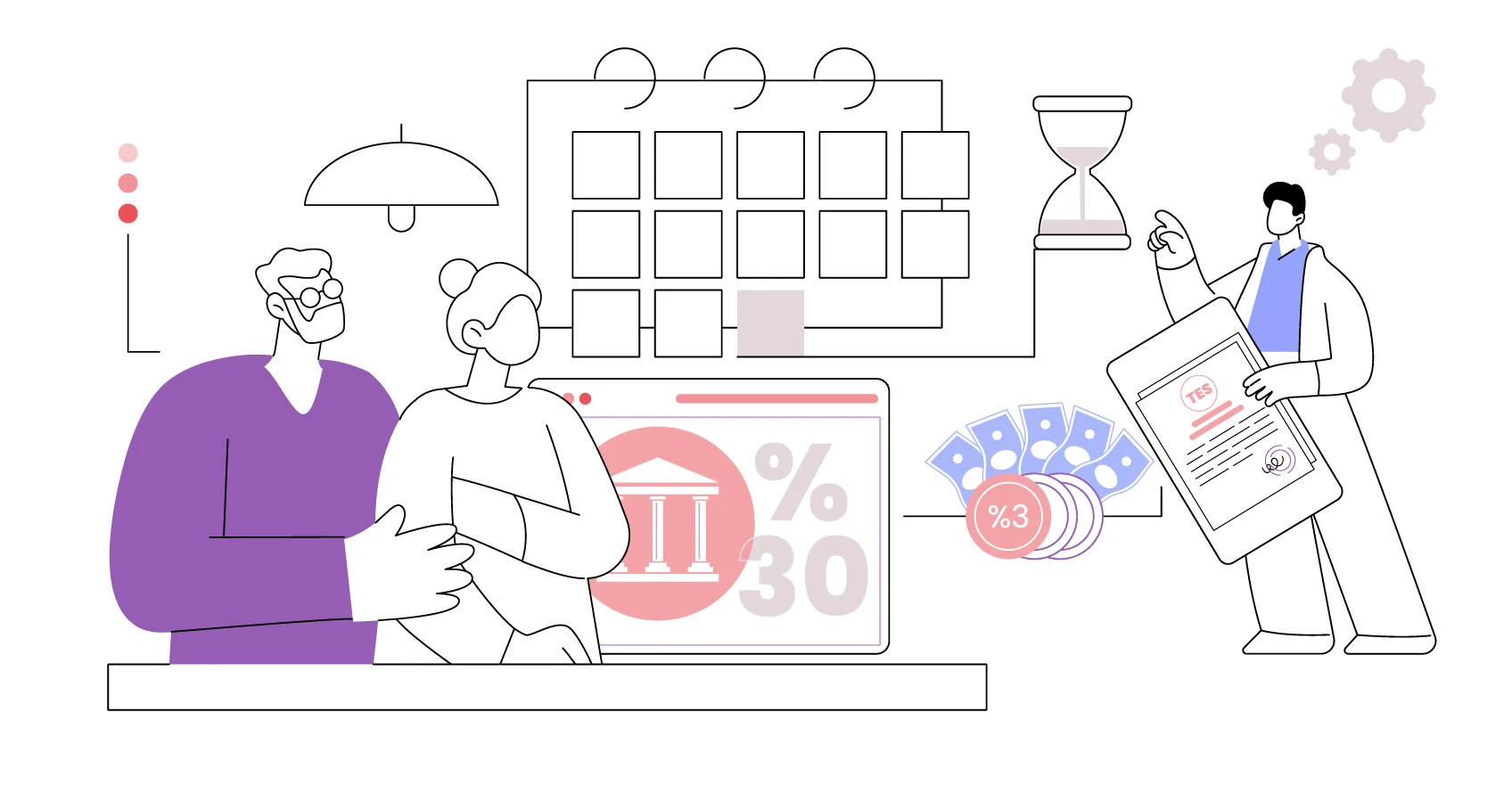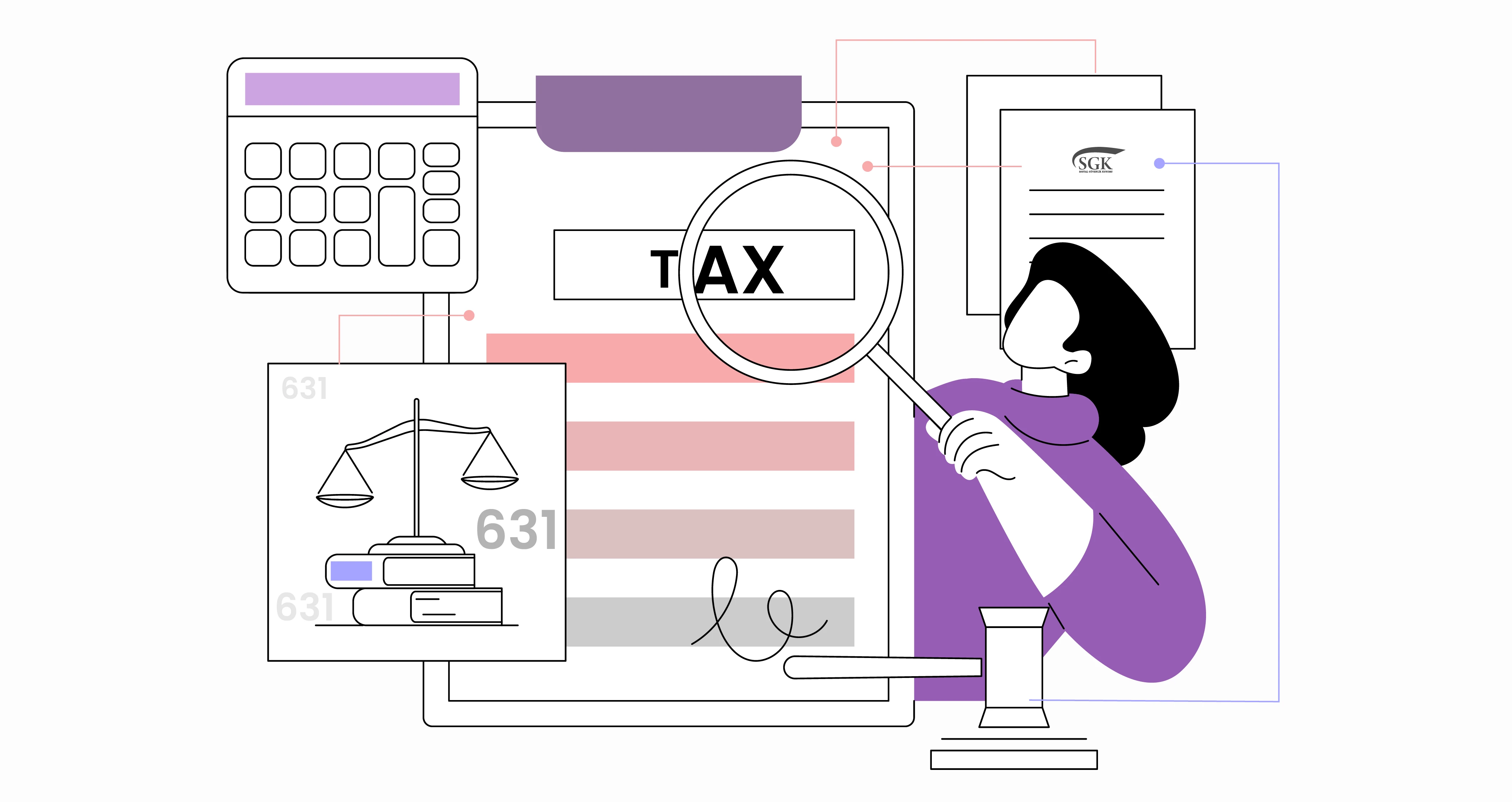2025 Meal Allowance and Social Security Premium Regulations

With the decision of the 10th Chamber of the Council of State, No. 2023/170 and Decision No. 2024/1853, subparagraph (a) of paragraph 7 of Article 97 of the Regulation on Social Insurance Transactions and the relevant articles of the Circular on ‘Meal Allowances’ prepared on the basis of this Regulation were cancelled. Following the cancellation decision of the Council of State, the Regulation on Social Insurance Procedures was amended and subparagraph (a) of paragraph 7 of Article 97 was rearranged. In this context, with the circular dated 31.12.2024 and numbered 2024/17, the daily amount of the meal allowance to be exempted from the premium-based earnings for the year 2025 and the principles regarding the application were determined.
With this circular, the daily amount of the meal allowance to be exempted from the premium-based earnings and the principles regarding the application have been determined to be valid as of 1 January 2025 (from the monthly premium and service document / withholding and premium service declaration for January 2025). The arrangements made in the Circular are explained under the following headings:
- Meal Allowance:
- Daily Exemption Amount: 158.00 TRY
- Monthly Exemption Amount: Number of days actually worked during the month x 158.00 TRY
- Meal Allowance to be Included in Social Security Base / Earnings subject to social security: Meal allowance paid - Monthly exemption amount
- Providing Meals at the Workplace or Outbuildings
- Meal Payments to Third Parties
- Cash Meal Allowance
- Daily Exemption Amount: 158.00 TRY
- Monthly Exemption Amount: 158,00 TL x 22 Days = 3,476.00 TRY
- Meal Allowance to be Included in Social Security Base/Premium: 5,000.00 TRY - 3,476.00 TRY = 1,524.00 TRY
- Payments made with Meal Card, Cheque or Voucher
Effective from January 1, 2025, the daily amount of the meal allowance to be exempted from the premium based earnings has been determined as 158.00 TRY.
The relevant amount will be calculated using the formula below:
Benefits provided by employers for the purpose of providing meals to the employees at the workplace or its outbuildings will not be included in the earnings based on insurance premium. In addition, regardless of whether the meal is provided at the workplace or outside the workplace, in the event that employers provide catering services at the workplace or outbuildings by making an agreement with third parties, payments made to third parties in return for invoices will also not be included in the premium-based earnings/ social security base.
In the benefits provided by the employers to the employee by providing meals in restaurants or similar places belonging to third parties, the total meal amounts paid will not be included in the premium based earnings.
The daily amount of 158,00 TL of the payments made by the employers to the employees in cash under the name of meal allowance will not be included in the premium based earnings.
Example Calculation:
Employee A was paid a meal allowance amounting to 5.000 TL in January 2025. Considering that actually worked 22 days in the relevant month, the amount to be included in the premium based earnings from the payments made under the name of meal allowance will be calculated as follows:
In this case, 1,524.00 TL will be included in the premium based earnings / social security base/premium.
In the event that some employees working in the same workplace are provided with meals at the workplace or its outbuildings and some employees are paid in cash, only the daily 158,00 TL portion of the payments made under the name of meal allowance will not be included in the premium based earnings.
This regulation clarifies that the exemption limit should also be applied to the payments made in cash to the employees who fast during Ramadan and to the employees who do not eat at the workplace for various reasons.
As stated in the reasoning of the decision of the 10th Chamber of the Council of State with the decision no. 2023/170 and decision no. 2024/1853, it is accepted that if the employer provides the meal allowance ‘by means of means such as meal cards, vouchers or vouchers’ for the sole purpose of covering the cost of the meal, this is considered as in-kind benefit. Accordingly, if the meal card, cheque or voucher cannot be used for cash or other purposes other than meal, the amounts loaded on these instruments will not be included in the earnings subject to social security premium.
However, if the meal card, voucher or coupon can be used for cash or other purposes other than the meal, the daily amount of 158,00 TL will not be subject to social security base / premium; however, the part exceeding this amount will be subject to social security premium.
Example:
- (A) insured was given a meal card amounting to 6.000 TRY in January 2025.
- In the event that the employee actually worked 22 days in the relevant month and the card issued can be used for cash or other purposes other than food:
Calculation:
- Daily Exemption Amount: 158.00 TRY
- Monthly Exemption Amount: 158.00 TRY x 22 Days = 3,476.00 TRY
- Amount to be included in social security base/premium: 6,000.00 TRY - 3,476.00 TRY = 2,524.00 TRY
In this case, 2,524.00 TRY will be included in the premium based earnings/social security base/premium.
It is understood that the regulation aims to ensure that the meal allowance is only used by employees in accordance with its purpose and that these benefits are correctly taken into account in social security premium calculations.
Conclusion
The amendments made to the Regulation on Social Insurance Transactions and the related circulars aim to establish a framework in accordance with the law in place of the provisions cancelled by the Council of State. With the new regulations, practices regarding meal allowances have been made clearer and more comprehensible.
These regulations contribute to the elimination of existing legal uncertainties regarding meal allowances and constitute an important step towards ensuring unity in practice. Employers and employees should fulfil their obligations in line with the new regulations and carefully follow the information and guidelines to be published by the relevant institutions.
You can access the details of the relevant decision here. (In Turkish)
Should you have any queries or need further details, please contact your customer representative.
-
-
Notification!




